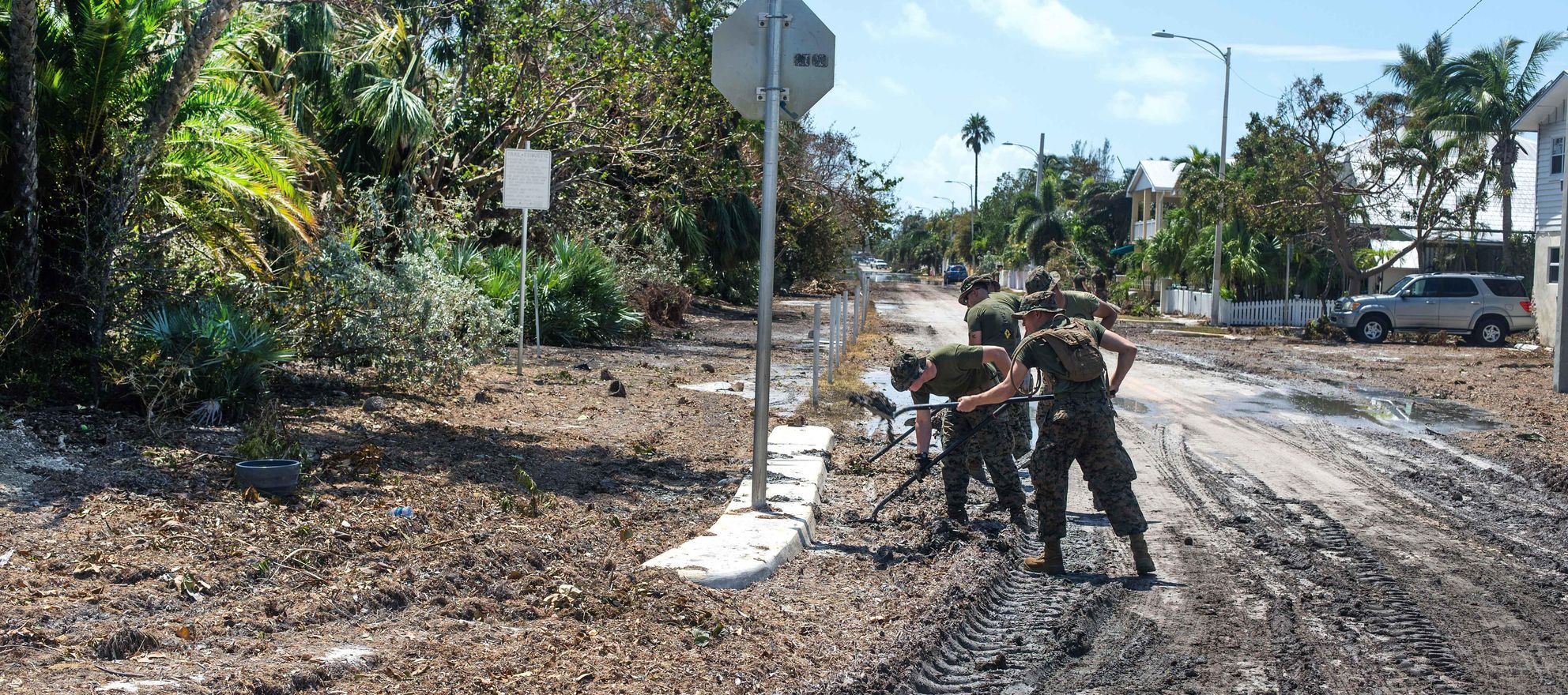
The U.S. Department of Housing and Urban Development (HUD) approved details on Thursday, of a $616 million disaster recovery plan for the state of Florida, nearly 10 months after Hurricane Irma made landfall, killing dozens and potentially causing up to $65 billion in property damage.
The plan is part of HUD’s Community Development Block Grant-Disaster Recovery Program, which requires grantees to develop a spending plan with feedback from local residents.
“It’s great news that we were able to secure critical funding from HUD that will directly benefit the families who were most affected by last year’s storms,” Florida Governor Rick Scott said in a statement. “This $616 million will enable communities to build new affordable housing and to replace homes lost in the wake of last year’s hurricane season.”
“Through this program, we can continue to move forward with long-term affordable housing solutions for displaced families as well as provide grants to businesses who were impacted by the storm,” he added. “We won’t stop working until all of Florida’s communities have fully recovered.”
The funds will be allocated as follows:
- $273.3 million to rehabilitate housing occupied by low and moderate income families
- $100 million to facilitate the creation of affordable rental housing through local partnerships
- $20 million for the purchase of land to be used for affordable housing
- $75 million for a voluntary program to purchase residential properties in high-risk flood areas
- $20 million for workforce training throughout the state
- $60 million for eligible business owners seeking reimbursement for business owners to replace equipment or inventory damaged
- $65 million in business assistance to new Floridians coming from Puerto Rico
HUD additionally allocated $791 million of block grant funding for unmet need, infrastructure and mitigation purposes. The agency will issue requirements governing those funds and Florida will be required to submit plans to the address their use.
3 brokerage strategies to boost workplace diversity and inclusion
Harvest better ideas, reduce turnover and become a community leader READ MORE
The relief for Florida comes just days after HUD approved a much larger $5 billion recovery plan for the state of Texas during its continued recovery from Hurricane Harvey, which hit Gulf Coast communities in and around Houston in late August 2017 and caused $125 billion in damage and upwards of 88 deaths.
Article image credited to Cpl. Jered T. Stone for U.S. Marine Corps
HUD announces $616 million in hurricane recovery aid for Florida curated from Inman
Comments
Post a Comment